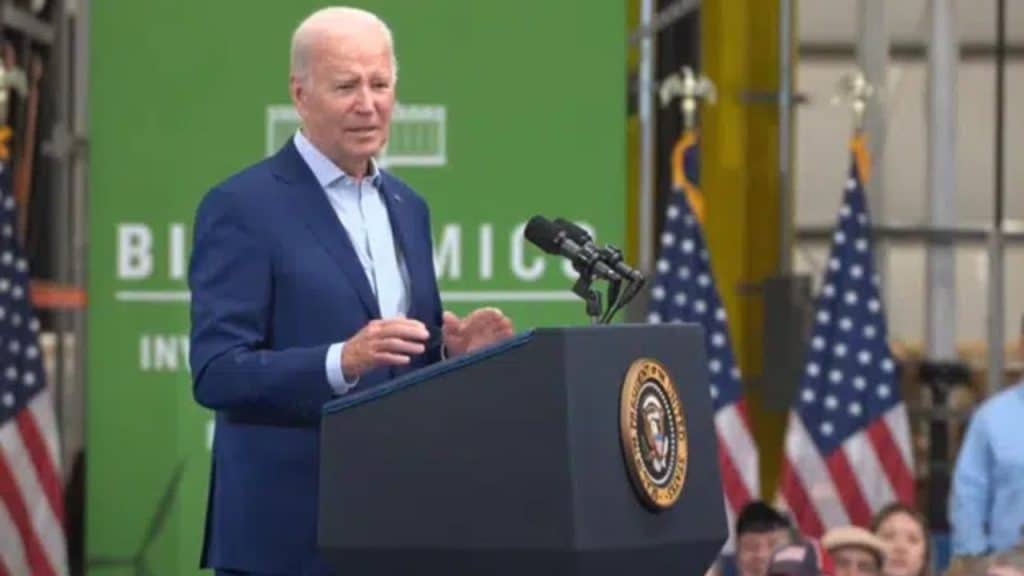In U.S. history, incumbent presidents—defined as those sitting in office and standing for another term—have run for election 33 times. They won 23 times and lost 10 times, a 69.7 percent victory rate and 30.3 percent defeat rate.
The losers were John Adams in 1800, John Quincy Adams in 1828, Martin Van Buren in 1840, Grover Cleveland in 1888, Benjamin Harrison in 1892, William Howard Taft in 1912, Herbert Hoover in 1932, Jimmy Carter in 1980, George H.W. Bush in 1992 and Donald Trump in 2020.
Whereas, in years when there was an open seat in the White House, that is, when the sitting, incumbent president was not on the ballot, the incumbent party won 11 times and lost 14 times, a 44 percent victory rate, and 56 percent defeat rate.
The incumbent parties won open seat presidential elections in 1796, 1808, 1816, 1836, 1856, 1868, 1876, 1880, 1908, 1928 and 1988. And they lost in 1824, 1840, 1844, 1848, 1852, 1884, 1896, 1920, 1952, 1960, 1968, 2000, 2008 and 2016.
The last time it was a winner was when the sitting Vice President George H.W. Bush won in 1988. Before that, you have to go all the way back to 1928 when the incumbent party won an open seat.
Whereas, with an incumbent not seeking another term, the most recent examples were Lyndon Johnson in 1968 and Harry Truman in 1952, with the incumbent Democrats losing both contests.
When a Vice President had become President either through death or resignation, in recent history, it was a mixed bag, Gerald Ford lost in 1976, Lyndon Johnson won in 1964 and Harry Truman won in 1948.
In Dec. 2023, a CBS News-YouGov poll revealed that 39 percent of Democrats thought incumbent President Biden should step aside and not run for reelection, and instead let someone else run. 61 percent thought he should run.
But the historical fact remains that incumbents do better than incumbent parties vying for an open seat.
Biden may not lose a single state in the primary, as is often the case for incumbent presidents, whether strong ones like Barack Obama in 2012 or weak ones like George H.W. Bush in 1992.
If for no other reason, it is the incumbency advantage that may compel Biden to ultimately remain on the ballot in 2024 (and Democrats to begrudgingly support that endeavor) as he keeps a commanding lead in the Democratic primary as the incumbent.
Meaning, even at 81 years old, the candidate who always has the best chance of winning remains the sitting, incumbent president. Even Joe Biden.
Robert Romano is the Vice President of Public Policy at Americans for Limited Government Foundation.







